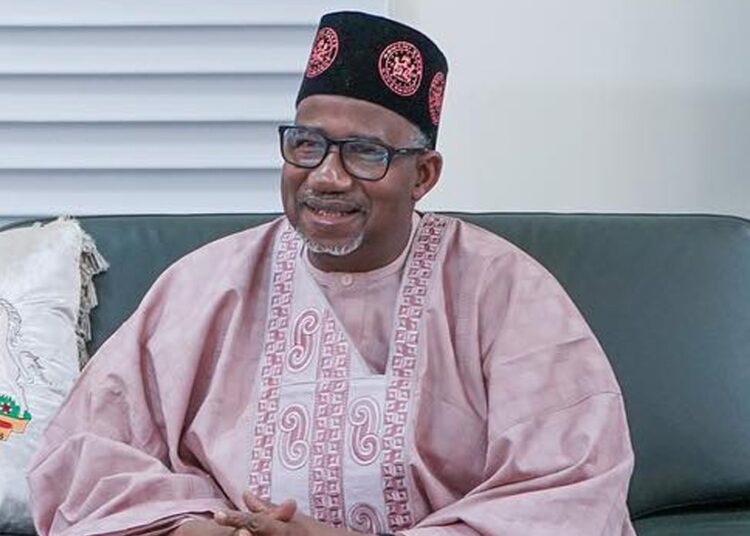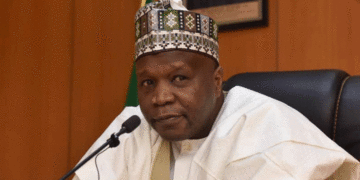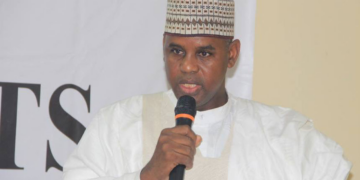The Bauchi State government with the support of donors organisations, said that it has perfected plans to construct 100 semi-earth dams along cattle routes across the state to ensure adequate water for livestock.
These, Governor Bala Mohammed said, were in addition to the demarcation of cattle routes to reduce friction between herders and farmers that often leads to clashes between the two groups.
The Governor, who was speaking yesterday at the flagging-off of the 2025 livestock vaccination campaign in Itas of Itas/Gadau local government area, said that Bauchi is one of the leading livestock-producing states in the country, with about 75 per cent of its population engaged in one form of livestock business or the other.
“The strategic location of Bauchi state in the Savannah with abundant grazing areas has also made it a point of convergence for international stock routes from the Northwest, Northeast and North Central part of Nigeria”.
He said therefore that it is not surprising that records from the federal department of livestock indicated that the state has about 3.7 million herds of cattle, 5.4 million sheep and 8.2 million goats.
“However, with the crisis in parts of the country, namely Northeast, Northwest and some parts of Benue and Plateau states, most of the settled Fulani have moved into Bauchi state thereby increasing the livestock population within our dear State,” he added.
Governor Bala explained that the sustained vaccination of livestock against preventable diseases presents the best way to rid animals of the contagious diseases affecting the animals.
Consequently, the sum of N80.9million has been budgeted to conduct biannual livestock vaccination campaigns with the initial release of N40 million.
Senator Bala Abdulkadir Mohammed disclosed that the state government has purchased 10, 000 doses of anti-rabbis vaccines and distributed them to all the veterinary clinics across the 20 local government areas of the state.
Governor Mohammed also announced the creation of the Ministry of Livestock Development, a dedicated body to address the challenges faced by herders and farmers, and to drive economic growth through improved livestock production.
This initiative, Mohammed has said, underscored his administration’s commitment to the agricultural sector, particularly livestock, which is vital to the state’s economy.
Mohammed emphasised the importance of utilising both human and animal resources to maximise food production.
He, however, expressed appreciation for the support from traditional institutions, religious leaders, and security agencies in maintaining peace, which is essential for sustainable agricultural activities.











